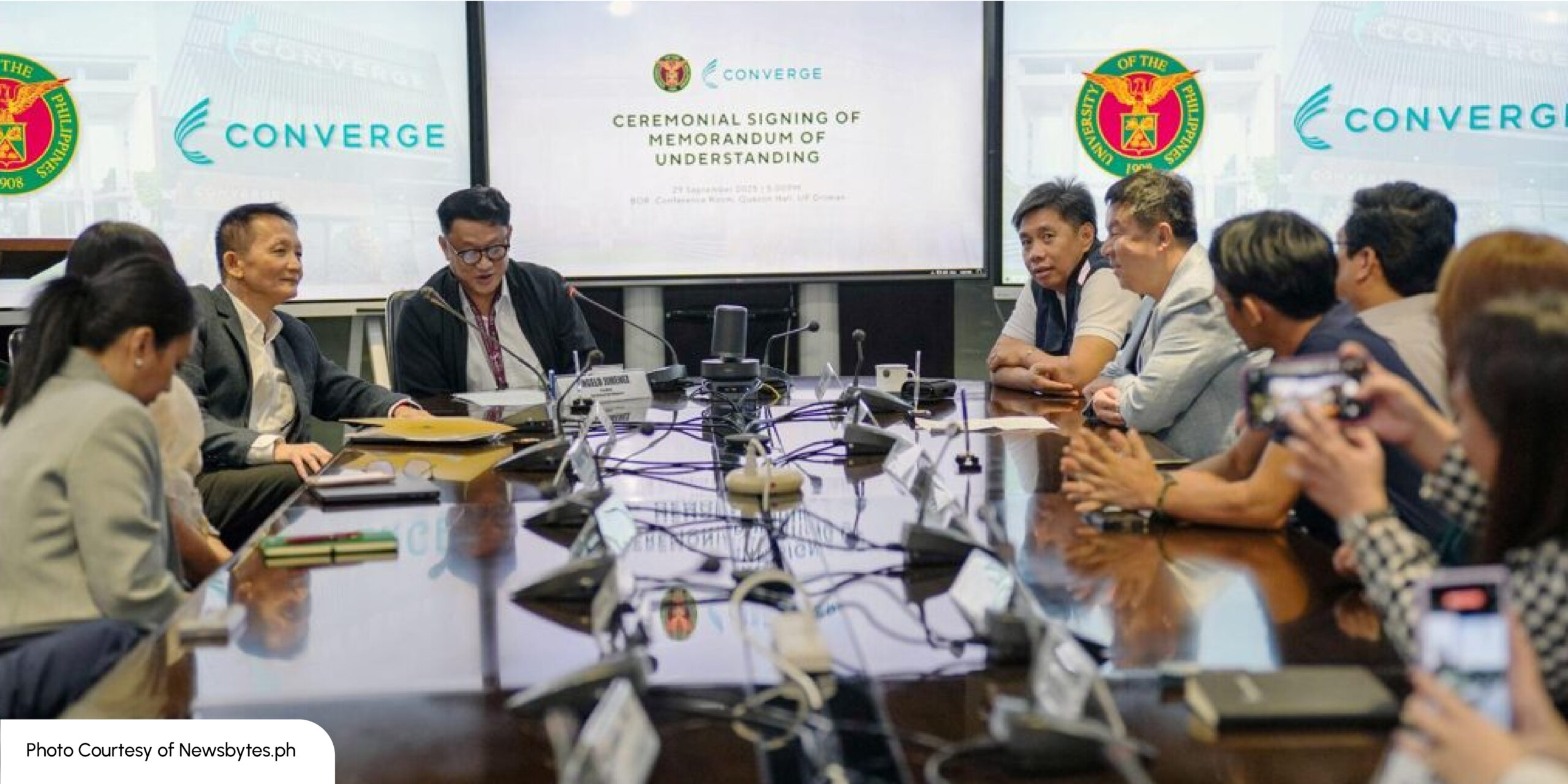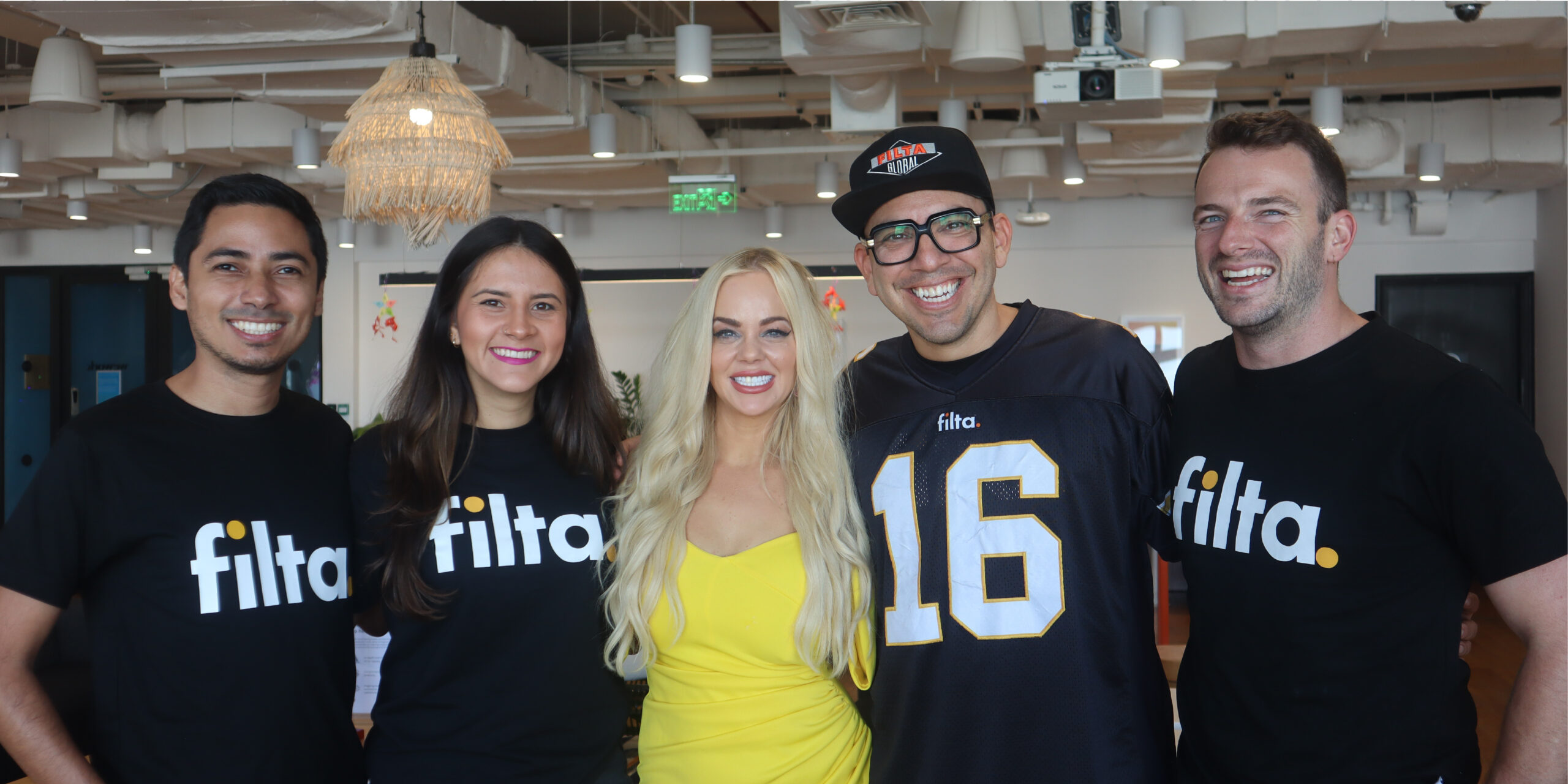Key takeaways:
- Only 6% of Gen Z prioritize reaching senior leadership roles as a primary career goal.
- Financial security is a top concern, yet nearly half of Gen Z (48%) and millennials (46%) feel they haven’t achieved it.
- Purpose and well-being are deeply linked to job satisfaction, with 89% of Gen Z and 92% of millennials citing purpose as essential.
- There is a significant mentorship gap, with only a third receiving the guidance they expect from managers.
- A majority believe GenAI will impact their work within a year, but 60% also fear job displacement.
Bottom line:
Gen Z and millennials are demanding more from work, more meaning, more balance, and more support. Employers who listen, adapt, and lead with purpose will be the ones who thrive in 2025 and beyond.
Deloitte’s 2025 Gen Z and Millennial Survey reveals a striking transformation: younger workers are moving away from traditional career goals like climbing the corporate ladder and instead prioritizing financial security, work-life balance, and meaningful work.
This shift presents both challenges and opportunities for business leaders who want to attract, engage, and retain top talent.
What Today’s Career Goals Say About Tomorrow’s Workforce
The once-coveted corner office is no longer the pinnacle of success for younger professionals. Instead, Gen Z and millennials view success through a multidimensional lens, one that blends personal well-being, financial independence, and purposeful work.
According to Deloitte’s report, the pandemic and economic instability have deeply influenced these generations’ priorities. With many launching their careers during global crises, they’ve become acutely aware of the fragility of traditional employment models. They are no longer willing to sacrifice well-being or values for prestige or status.
For employers, this signals a need to redefine growth pathways. Career development must now include opportunities for continuous learning, skill development, and personal fulfillment—not just promotions and pay raises.
Financial Insecurity Is Undermining Well-being
Despite the focus on purpose, financial security remains a pressing concern. Nearly half of Gen Z and millennial respondents report not feeling financially secure, which correlates strongly with lower mental well-being and job satisfaction.
For business owners and CEOs, this presents a key insight: offering fair, transparent, and competitive compensation is not just a retention strategy—it’s foundational to the health and motivation of your workforce. Initiatives like financial wellness programs, salary benchmarking, and transparent pay bands can go a long way in boosting loyalty and trust.
Purpose Is Not One-Size-Fits-All
Deloitte found that the idea of “purpose” is nuanced. While some associate it with making a positive societal impact, others find purpose in gaining skills to create change in their communities or achieving financial independence to support family.
This diversity of purpose means leaders must create space for employees to define and live their version of a meaningful career. Options include:
- Purpose-aligned projects
- Volunteer days or social impact initiatives
- Skill-building opportunities beyond job descriptions
Employees want to know their work matters, not just to the bottom line, but to the world around them.
The Mentorship Gap Is a Wake-Up Call
Despite valuing mentorship, only a third of Gen Z and millennials report receiving guidance from their managers. This disconnect reveals a critical gap in leadership engagement.
To address this, companies must invest in structured mentorship programs, especially peer-to-peer and cross-generational models. These programs foster a sense of belonging, accelerate growth, and build resilience, especially as younger employees navigate the challenges of hybrid work and emerging technologies.
GenAI: A Double-Edged Sword
Artificial intelligence is rapidly reshaping job roles and workflows, and younger workers are taking notice. Over 74% of Gen Z and 77% of millennials believe that GenAI will impact their roles within the next year. Already, more than half are using it regularly.
On the positive side, many report that GenAI improves their productivity and work-life balance. But concerns remain: more than 60% fear job displacement, prompting them to seek roles with greater stability and long-term prospects.
For employers, this creates an imperative to:
- Provide training in GenAI tools
- Clearly communicate how AI will be integrated into job roles
- Reassure teams about the human value they bring to work that AI can’t replicate
What Employers Can Do Right Now
The workforce is undergoing a generational transformation, and companies that ignore this will struggle to attract and retain top talent.
Here’s how business leaders can align with these changing values:
- Rethink career development beyond title progression, focus on learning, growth, and skill-building.
- Prioritize financial well-being as part of employee engagement strategies.
- Create space for personal purpose by offering autonomy and mission-driven opportunities.
- Close the mentorship gap with proactive, structured programs.
- Support GenAI readiness while ensuring job security and emotional safety.
A Wake-Up Call and an Opportunity
The report is more than a snapshot of changing workplace attitudes, it’s a wake-up call for leaders. The next generation of talent is not just chasing titles; they are pursuing stability, purpose, and well-being in a world that feels uncertain and fast-moving. Their expectations are not just evolving, they’re reshaping the future of work itself.
Employers who respond with empathy, flexibility, and innovation will earn the loyalty of a generation that craves authenticity and impact. This means reimagining traditional structures, listening more deeply, and investing in tools, training, and cultures that uplift people, not just productivity.
For Gen Z and millennials, work is a platform for growth, meaning, and making a difference. Organizations that embrace this shift will not only future-proof their talent strategies but tap the full potential of a workforce ready to lead with purpose.
Want More Updates Like This?
At Filta, we’re passionate about helping businesses stay ahead of workforce trends and build future-ready teams.
If you found this article insightful and want more updates on hiring trends, workplace strategies, and emerging technologies like GenAI, visit filtaglobal.com and explore our latest insights.





